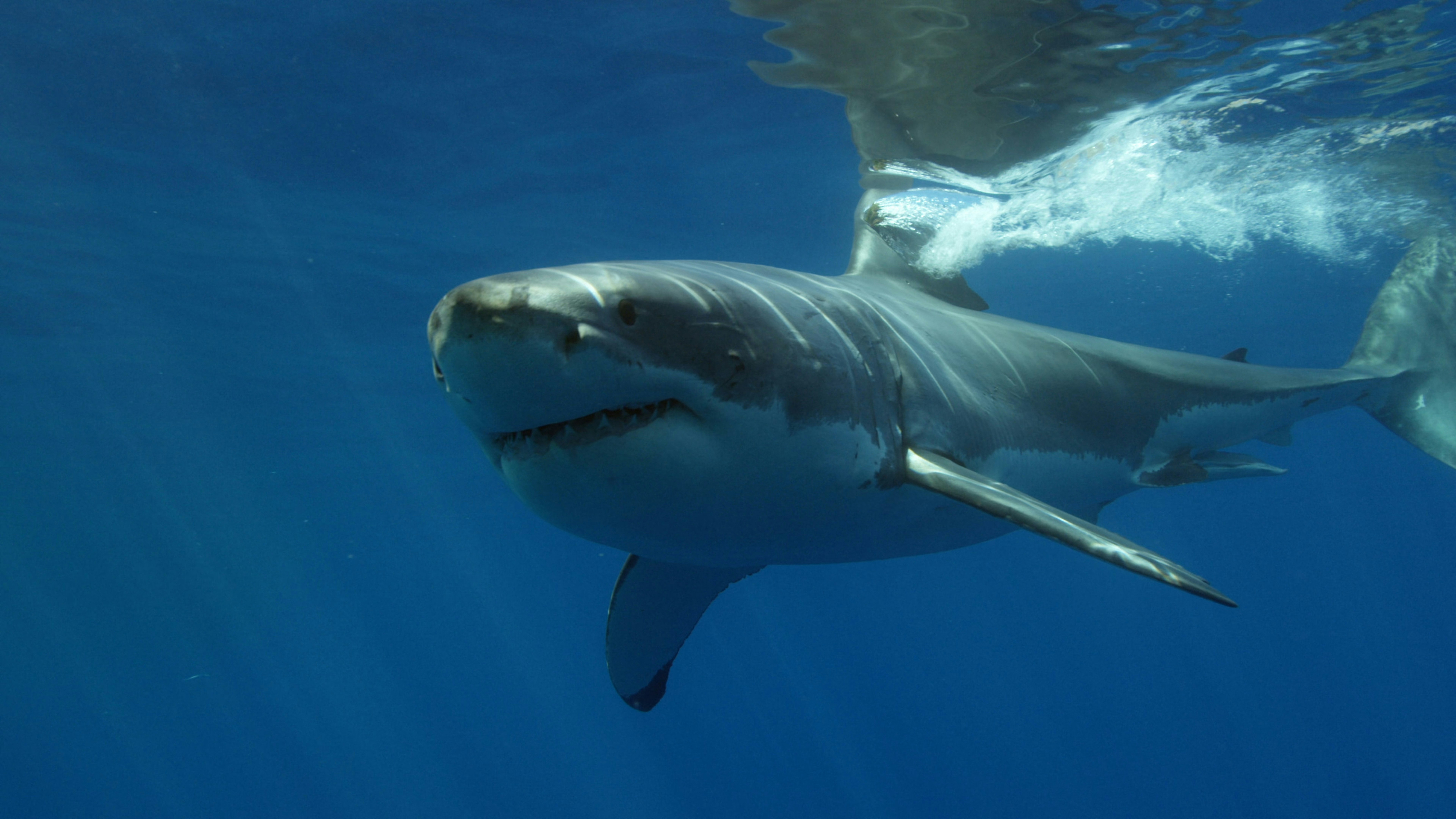A new study warns that ocean acidification could erode shark teeth, leaving the predators less able to feed effectively and potentially destabilizing marine ecosystems. Researchers found that shark teeth exposed to projected future ocean pH levels suffered double the damage compared with today’s conditions, showing increased corrosion and dulled serrations.
Ocean acidification, driven by rising CO₂ emissions, could lower average pH from 8.1 to 7.3 by 2300. The study, led by Maximilian Baum of Heinrich Heine University, tested 60 naturally shed teeth from blacktip reef sharks and found accelerated erosion under acidic conditions. While sharks might adapt by replacing teeth more frequently, experts warn that some species with slower replacement rates could be especially vulnerable.
The findings add to previous evidence that acidification harms shells, corals and mussels, and suggest even apex predators may not escape its effects. Scientists stress the importance of cutting CO₂ emissions to reduce these risks, while further research is needed to confirm how tooth damage impacts sharks’ hunting ability.


